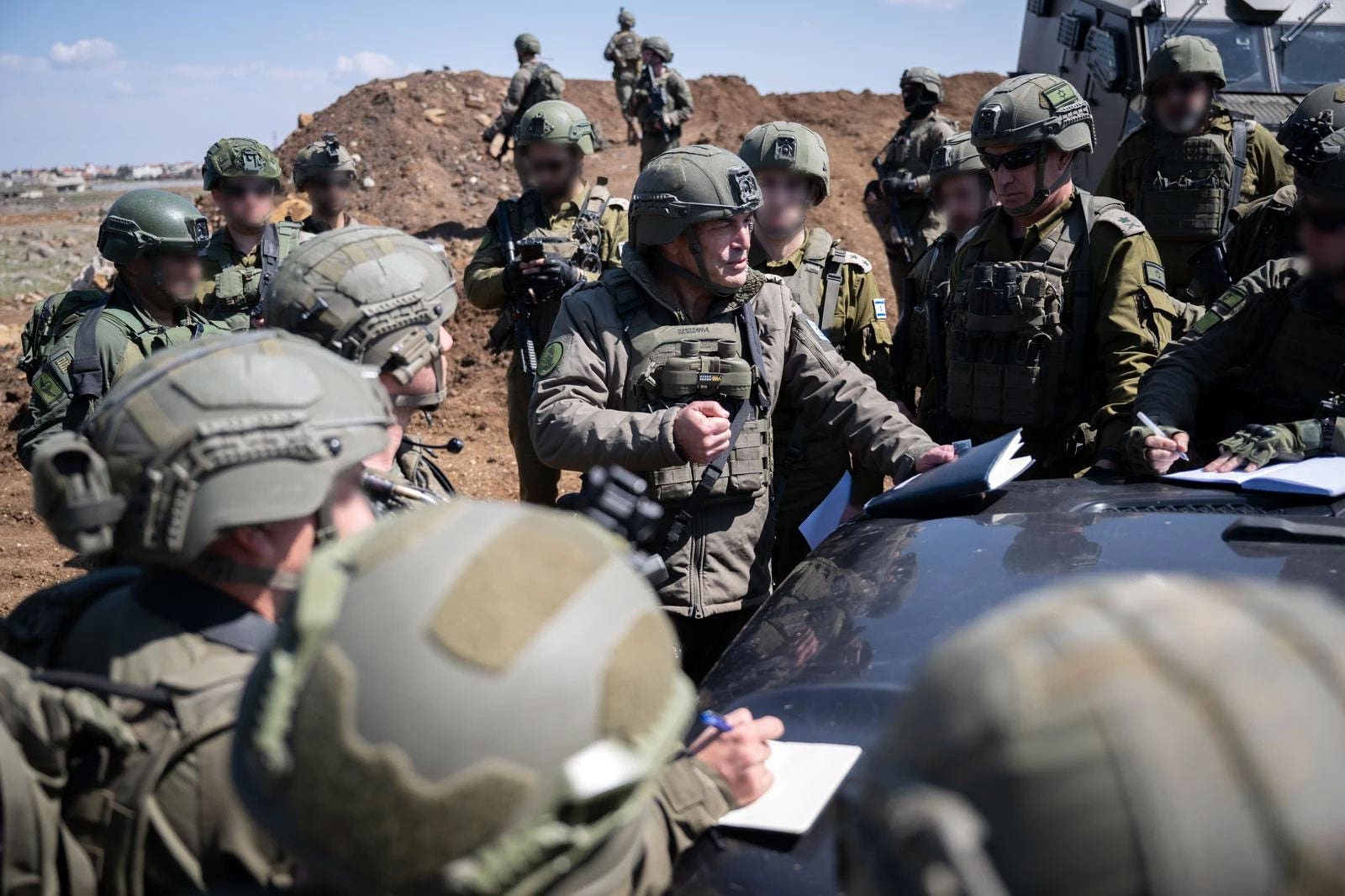Israel looks to new strategies amid regional power struggle

TEL AVIV — The Israeli Air Force launched a targeted strike on the headquarters of the Palestinian Islamic Jihad terrorist organization in Damascus, Syria, in response to ongoing instability in the region following the overthrow of Bashar al-Assad by an al Qaeda-linked insurgency.
Since the fall of Damascus on Dec. 8, 2024, Israel has deployed troops to the demilitarized buffer zone with Syria and initiated a diplomatic offensive to shape the balance of power. Lt. Col. (ret.) Jonathan Conricus, a former IDF spokesman and senior fellow at the Foundation for Defense of Democracies, explained that Israeli forces are concentrated along the Syrian side of Mount Hermon and the northern part of the Golan Heights, stopping at the Bravo Line marking the end of the buffer zone.
The primary threat facing Israel in the region is a potential ground invasion by various jihadi elements towards Israeli communities on the Golan Heights. In response to this threat, Israeli troops remain deployed in the area until a sovereign entity is established in control of Syria, limiting the approach of terror organizations.
In the aftermath of the regime change in Syria, Israel conducted over 300 strikes in the country, targeting Assad regime air force bases and suspected chemical weapons sites. The new IDF Chief of Staff, Lt. Gen. Eyal Zamir, recently conducted a situational assessment in the buffer zone with Syria, becoming the first chief of staff to enter Syria.
Israel’s strategic moves have been validated by recent sectarian violence against Alawites, Christians, Kurds, and Druze populations in Syria. The persecution of these minority groups poses a threat to regional stability, prompting Israel to take measures to ensure the safety of Israeli civilians and neighboring communities.
With ongoing tensions in the region, Israel is pressuring the international community to maintain Syria’s decentralization and prevent the country from falling under the leadership of jihadi forces. The country’s relationship with Turkey, Russia, and the United States plays a crucial role in shaping the future of Syria and the wider Middle East region.
As Israel navigates complex geopolitical dynamics in the aftermath of Assad’s fall, the country remains vigilant against threats posed by jihadi organizations and other hostile actors operating in Syria. The Israeli government continues to prioritize the security of its citizens and neighboring communities while actively engaging in diplomatic efforts to shape the future of the region.




